The Minister for Local Government, Chieftaincy and Religious Affairs, Hon. Ahmed Ibrahim, has called on Ghanaians to combine spiritual renewal with civic responsibility in order to build a just, united, and prosperous nation.
He made the call on Sunday, 7th September 2025, at the climax of the Apostolic Faith Church’s 2025 Camp Meeting Music Concert held at Chapel Hill, Aplaku. The event, attended by congregants from Ghana and other countries, was held on the theme: “Liberation… Thou Art Loosed” (Luke 13:12).
Hon. Ibrahim, who conveyed greetings from President John Dramani Mahama, said true liberation extended beyond the spiritual realm into social responsibility. He urged Christians to be agents of change by breaking the chains of poverty, inequality, violence, and discrimination in society.
“Liberation is not only a spiritual act but also a social responsibility,” he stressed. “It involves advocating for human rights, supporting the marginalised, and creating environments where justice and equality flourish.”
The Minister also drew attention to the relaunch of the National Sanitation Day on Saturday, 6th September 2025, by President Mahama, describing it as a flagship programme to promote cleanliness and safeguard public health. He encouraged both citizens and foreign nationals residing in Ghana to participate fully in the monthly clean-up exercises.
“The sanitation situation in the country remains dire. If we collectively embrace the National Sanitation Day, it can create the ripple effect we all seek,” he said, highlighting challenges such as open defecation, indiscriminate dumping of refuse, and poor waste management practices.
Commending the Apostolic Faith Church for complementing government efforts in nation-building, Hon. Ibrahim urged the leadership to continue nurturing the youth with both spiritual grounding and practical skills, equipping them to be responsible citizens.
The Camp Meeting, which ended with a Thanksgiving Service, was marked by worship, music, and renewed commitment to faith and service.
SOURCE: Darling Maame Efua Cann
(MLGCRA PR UNIT)


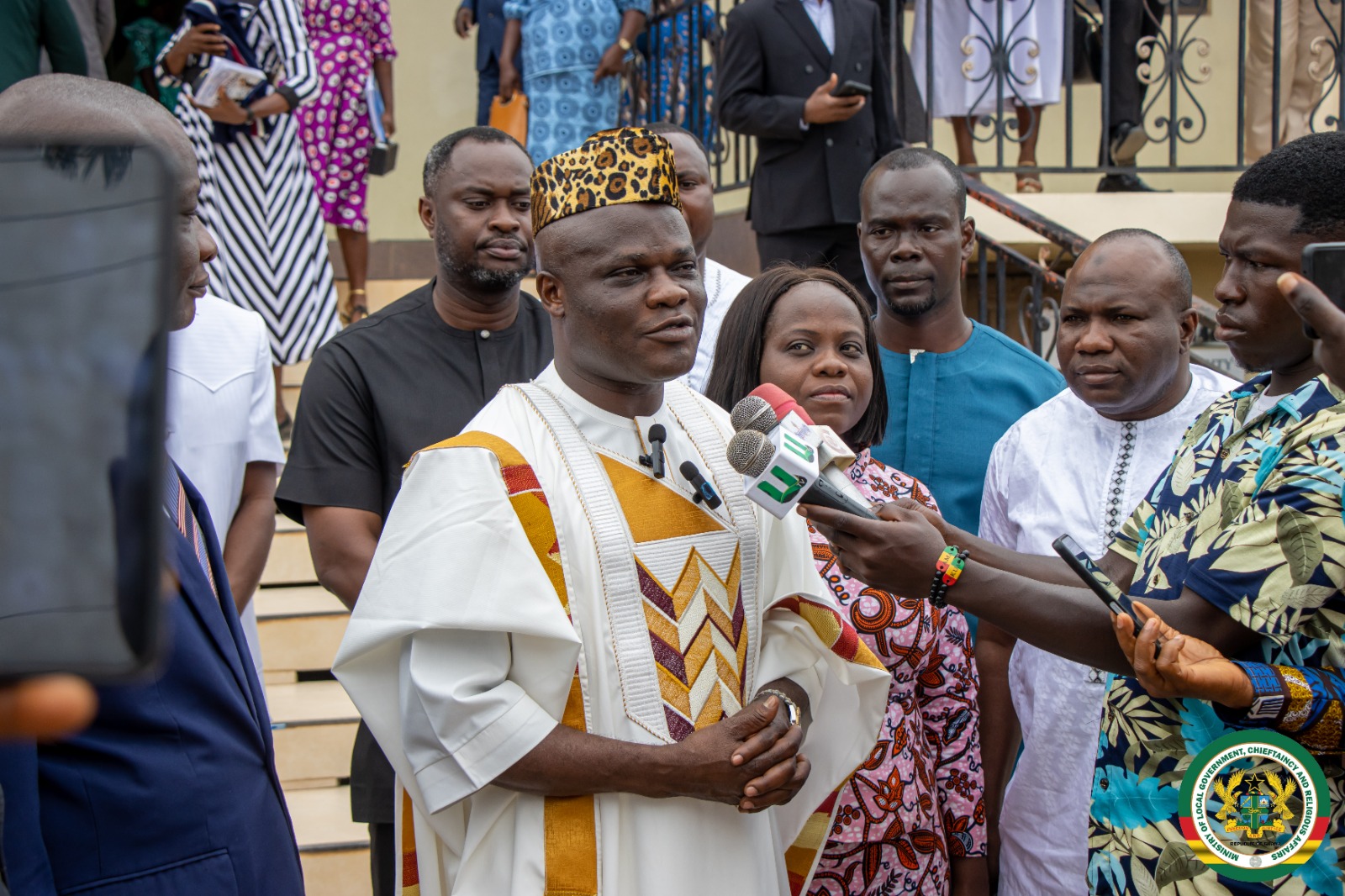
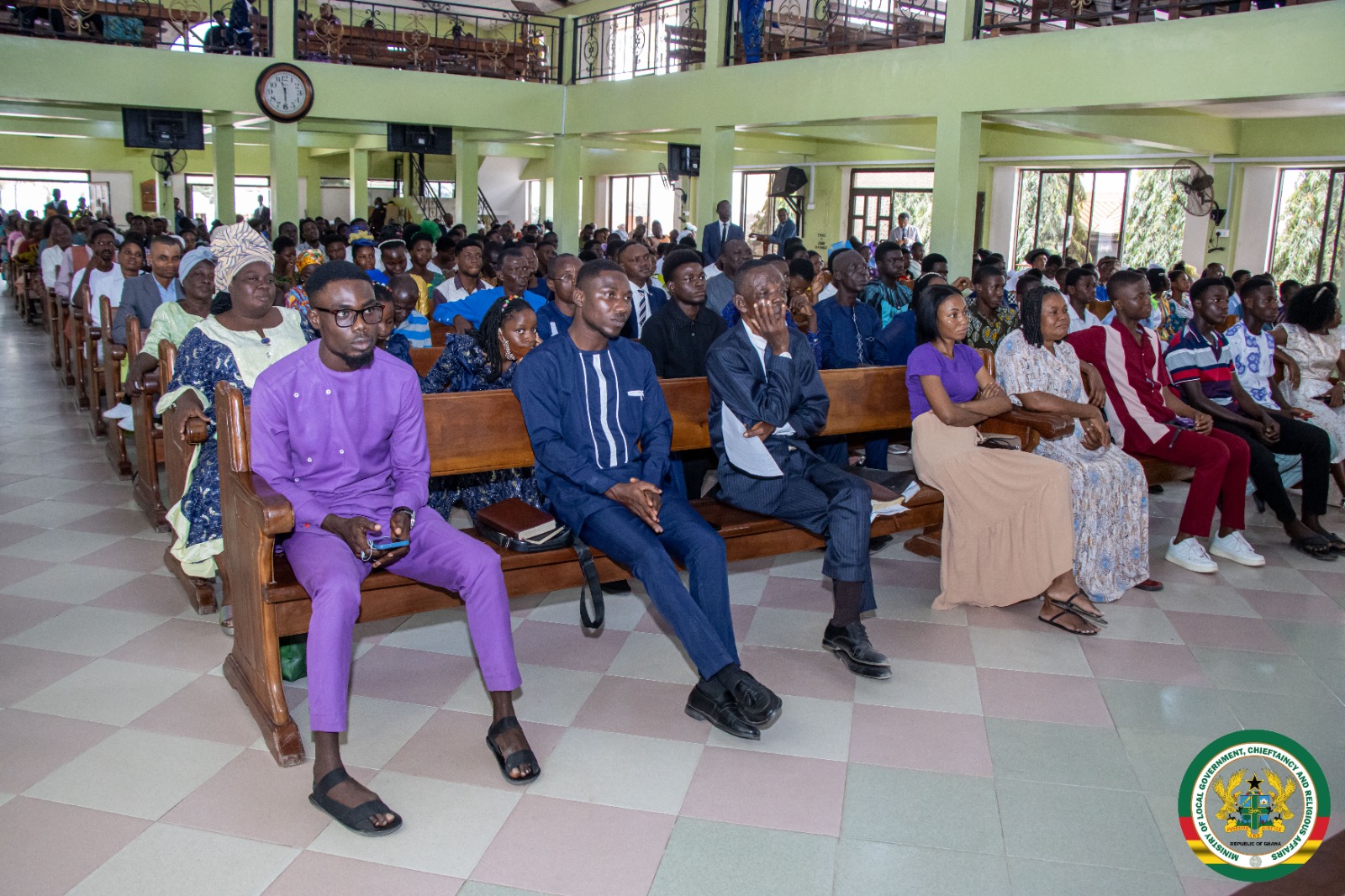
.jpeg)
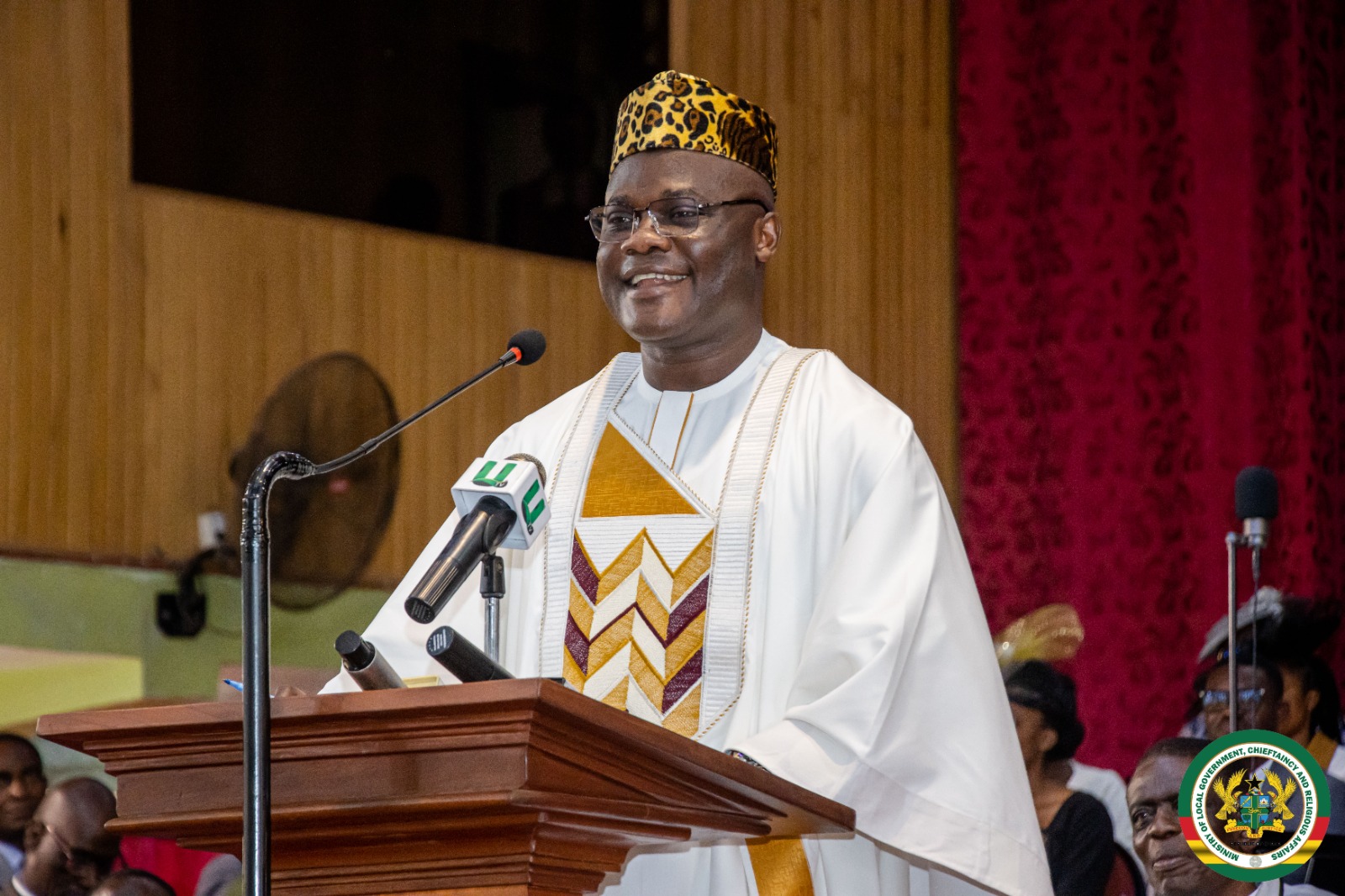

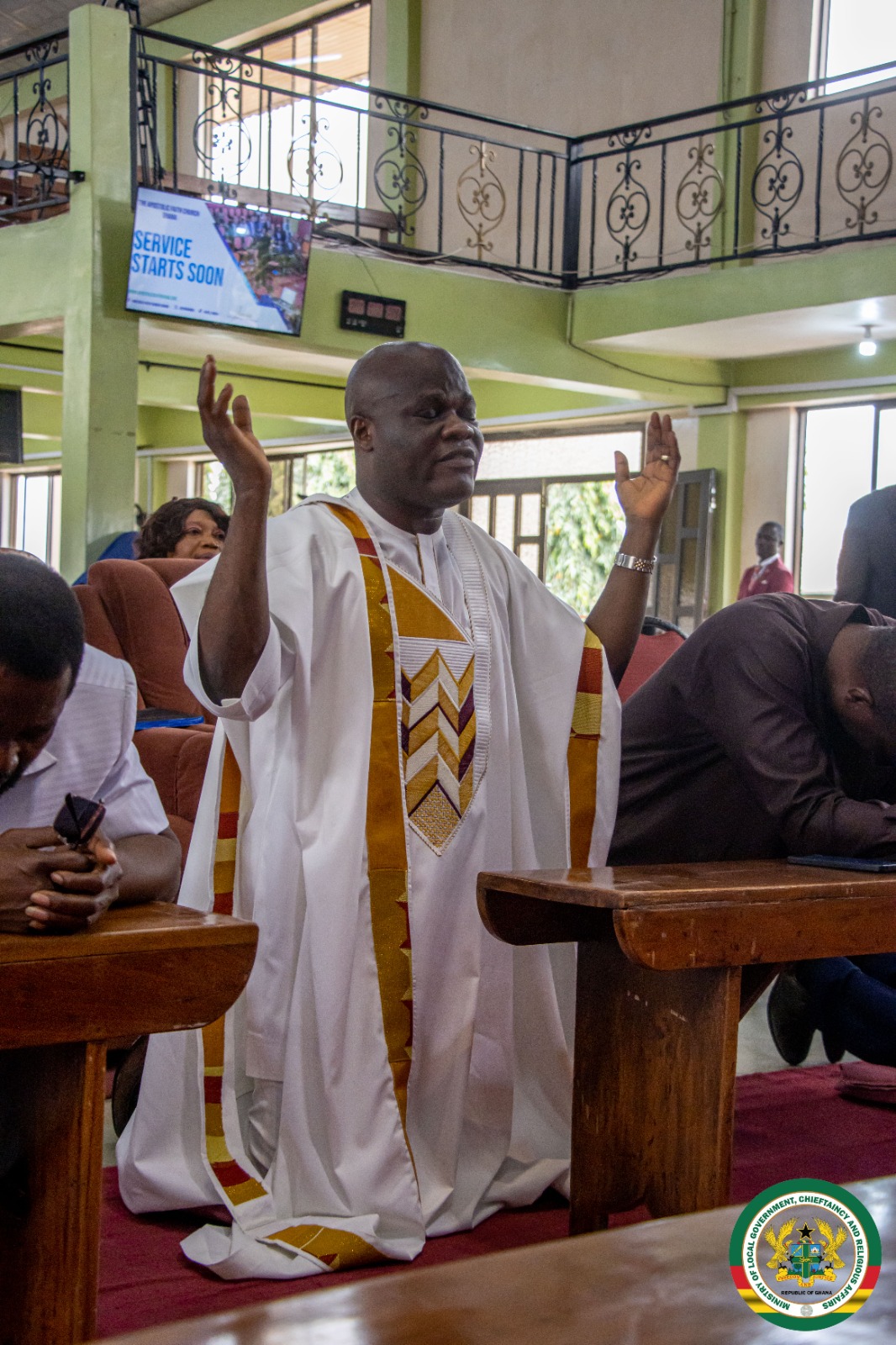
.jpeg)
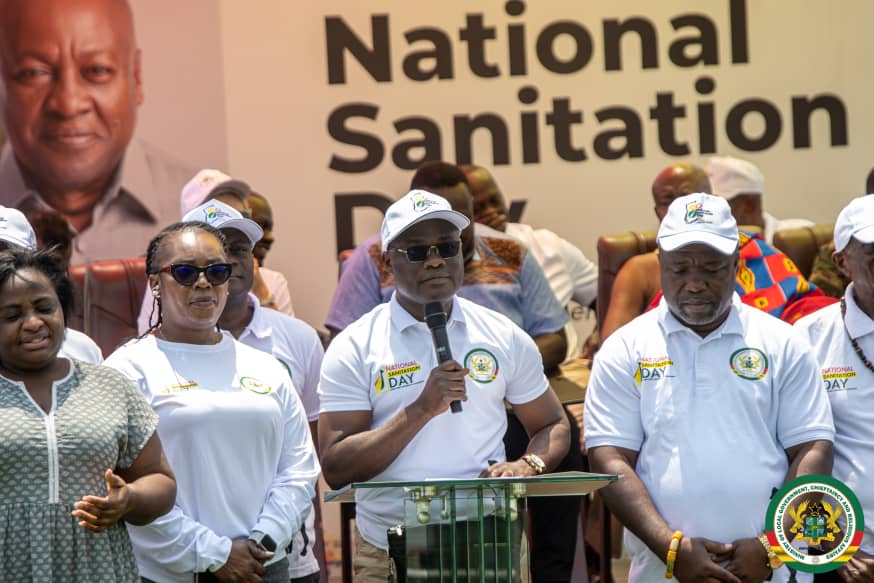
.jpeg)
.jpeg)
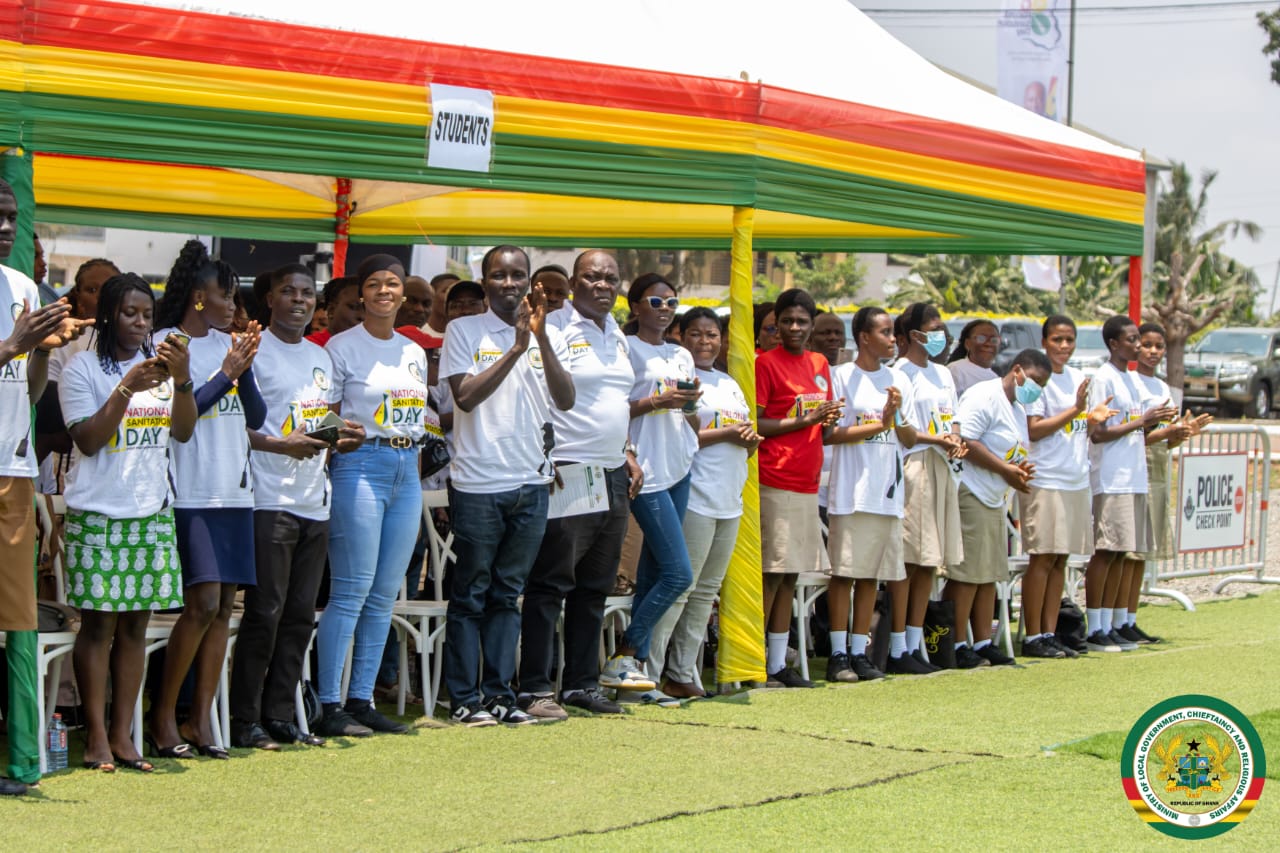
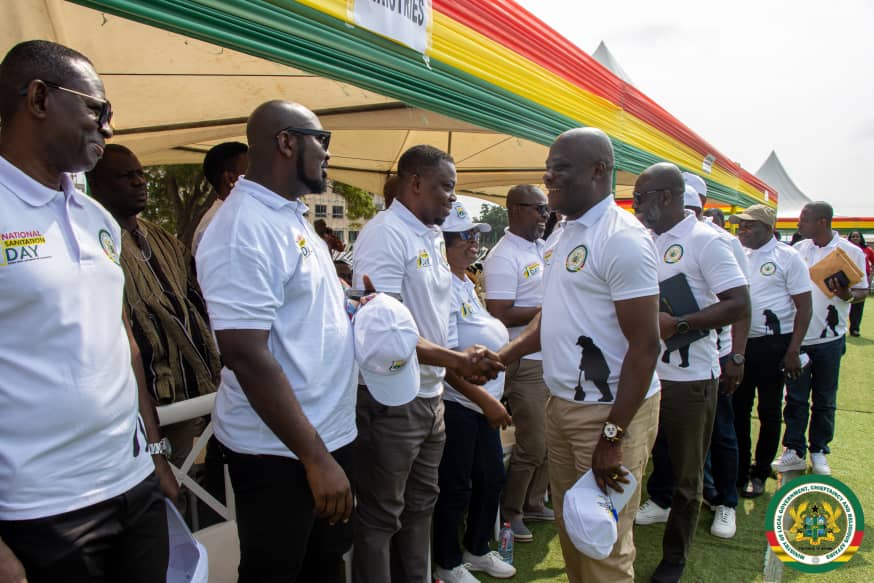
.jpeg)